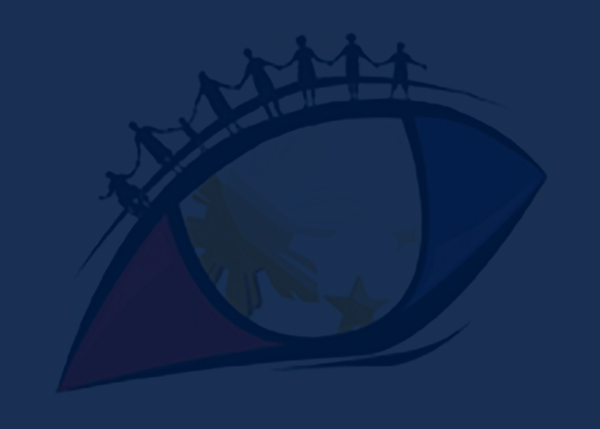As COVID-19 has swept across the nation, the Philippines has been fast-tracked towards a digital shift in all aspects of life, be it business, education, or politics. In the same way that we have adjusted, our government must also adapt to the risks and limitations posed by the pandemic by taking advantage of emerging technologies and their applications, such as cloud-based technology and e-governance.
Filipinos must not be held back from civic engagement and participation simply because such opportunities were not taken.
Moving forward into this age of digitization, no Filipino can be left behind. Any potential opportunities brought about by technological advances and cloud-based technologies will have no large-scale benefit if the majority of Filipinos are bereft of access. Thus, in our collective digital transition, we need reliable, accessible, and efficient ICT infrastructure. While addressing the digital divide issue seems daunting, there are concrete steps the government can take.
On the national level, there should be clear and material support of private-sector efforts to service high-density areas by removing unnecessary red tape, regulatory barriers, and bureaucratic chokepoints. On the local level, permit-issuing time must be shortened to allow for faster and more efficient development.
In terms of broader overall policy, the government must put a premium on inclusivity by making public-sector investments in digital infrastructure development in underserved areas. Other governments around the world have implemented this approach with significant success.
The government can only enact effective and efficient digital infrastructure development to bridge the digital divide with a stable and consistent policy environment. Such policies can then work in tandem with prioritized investment in critical areas. This combination of policy and public sector investment in underserved regions bridges the digital divide and directly responds to citizens’ needs in this time of pandemic.
Our government must recognize that while COVID-19 has brought risks and dangers to Philippine society on many fronts, it has also created opportunities for greater accountability and transparency through the nationwide shift to digital spaces. Particular aspects of e-governance, such as “e-procurement,” shows promise in curbing corrupt “for the boys” practices that have plagued the different branches of our government. Moving government processes online also shows promise in areas such as customs and taxation, bogged down since time immemorial by the seemingly incurable institutional habit of bribery.
Democracy Watch Philippines believes that the COVID-19 has brought risks, but it has also brought opportunities for change. Civil society must make a collective effort to ensure that these opportunities, particularly e-governance, are harnessed in the pursuit of greater accountability and transparency, and the strengthening of our oversight and watchdog institutions. Such efforts will go a long way in building a mature democracy and a responsive government.
Paco A. Pangalangan
Lead Convenor, Democracy Watch Philippines
Executive Director, Stratbase ADR Institute

